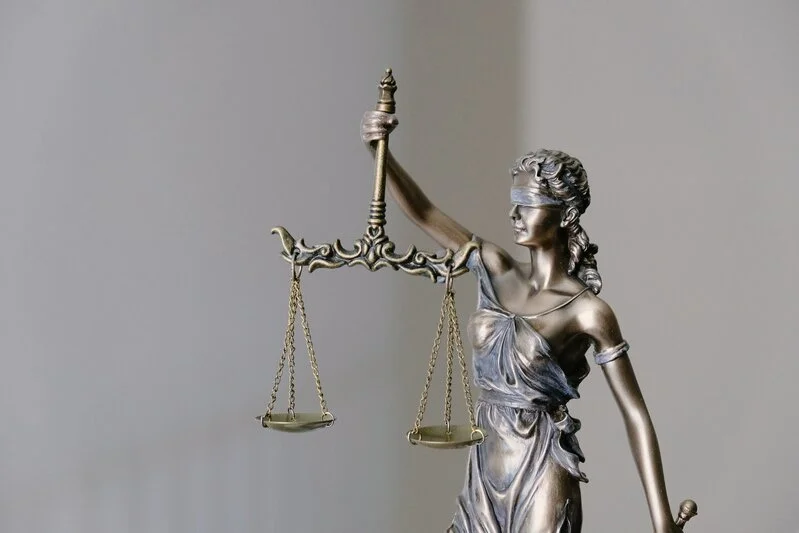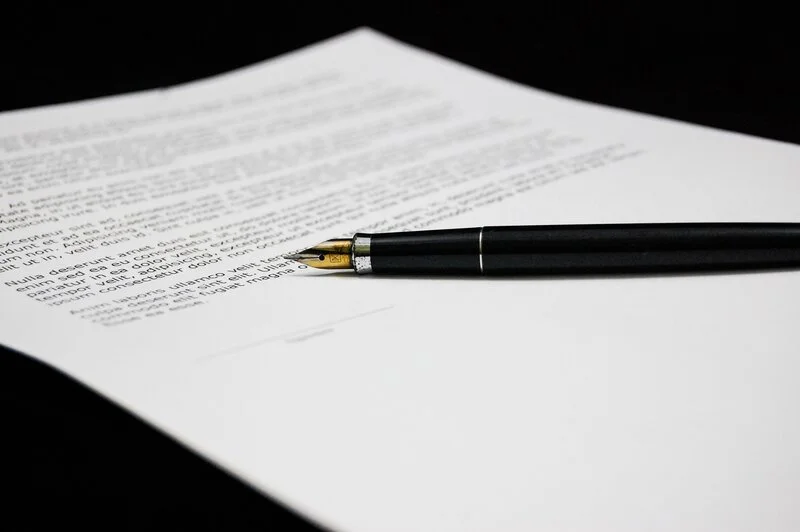As a good measure, make a policy to store found items of particular value in a safe location like the manager's office. These would include, wallets, keys, laptops, etc. These items are the only ones I'd make an effort to return immediately. Nail files, pillows, and garments aren't worth the effort of tracking down their owner.
If there is a sticking point causing tension between the property and a guest's claims for something of little value, do what you can to be of service. Things like chargers are misplaced all the time. I would suggest keeping some low-cost chargers on hand for guest use.
In this case, I would just go ahead and offer something to the guest to make up for it, whether it is a reimbursement, credit to their bill, or just go to the store and buy a replacement.



